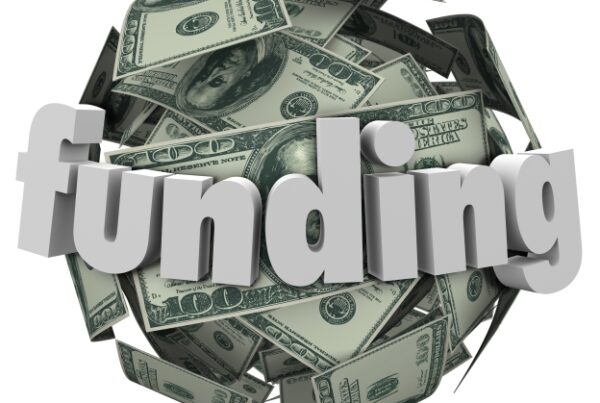
Sustainalytics discusses ESG trends, ratings and aligning internal KPIs with established principles.
Treasurers exploring the rapidly expanding land of environmental, social and governance (ESG) criteria quickly encounter Sustainalytics, a well-established provider of ESG ratings to institutional investors and so-called second-party opinions used by issuers of green bonds to give confidence to investors that bond proceeds will finance environmental or social projects.
- At a recent NeuGroup virtual meeting, representatives from Sustainalytics described the company’s ratings and methodology, answered questions from members and discussed current trends in the sustainable finance space, which includes sustainability-linked loans, where the proceeds are used for general corporate purposes but the interest rate decreases as sustainability targets are met.
Market practice. Second-party opinions are not a requirement but are “increasingly becoming market practice when issuing ESG bonds,” Heather Lang, executive director of sustainable finance solutions at Sustainalytics, told members.
- “As new industries enter the market, there is a high degree of scrutiny regarding which uses of proceeds qualify as green or socially impactful,” she said. “An external reviewer is well positioned to attest to the alignment of projects and activities to market standards and investor expectations, not to mention the credibility of the issuer.”
- “Some clients will even license their ESG rating from us around the time of a bond issuance because they know that investors, especially responsible investors, will want to look at a company’s overall ESG performance alongside reviewing the use of proceeds,” Ms. Lang said.
- Green bonds continue to drive the ESG market, accounting for about $260 billion in issuance in 2019. At the end of 2018, investors managed more than $30 trillion in ESG assets.
KPI considerations. One NeuGroup member considering a sustainability-linked, undrawn revolver said his company may license an ESG rating. The company’s sustainability report contains both audited and unaudited key performance indicators (KPIs), and the member asked Sustainalytics which KPIs banks and investors value the most.
- Ms. Lang said companies’ internally tracked KPIs receive more scrutiny, especially if they’re not audited.
- She highlighted the importance of aligning with the Sustainability Linked Loan Principles published in March 2019 by three global syndicated loan associations. They provide guidelines for capturing the fundamental characteristics of sustainability-linked loans, enabling a borrower to develop KPIs closely aligned with the company’s sustainability profile.
Levels of review. Sustainalytics and other ESG analysis firms can review selected KPIs to determine their materiality given a company’s subindustry and operating regions.
- “That’s a way to combine involving a credible external party while also being able to focus on internally tracked KPIs,” Ms. Lang said, adding that some companies have combined internal KPIs with a holistic external ESG rating.
- “Revolving credit facilities are very common for sustainability-linked loans,” she noted.
Corporate ratings use. ESG ratings are more prevalent in Europe but increasingly so in the US, Ms. Lang said, and are now being used by corporates in a variety of ways.
- For one, they’re essential for companies seeking to be included in ESG investment indices, to diversify their investor base and include more international and “responsibility-tilted” sources of capital.
- Ms. Lang said companies are increasingly publishing their ESG ratings externally, beyond just institutional investors to the more general public and employees.
- Some companies are using ratings to identify ESG risks in the supply chain, and others are linking executive compensation to them.
What’s your company’s score? Two-thirds of NeuGroup members polled at the recent meeting did not know their Sustainalytics ratings.


